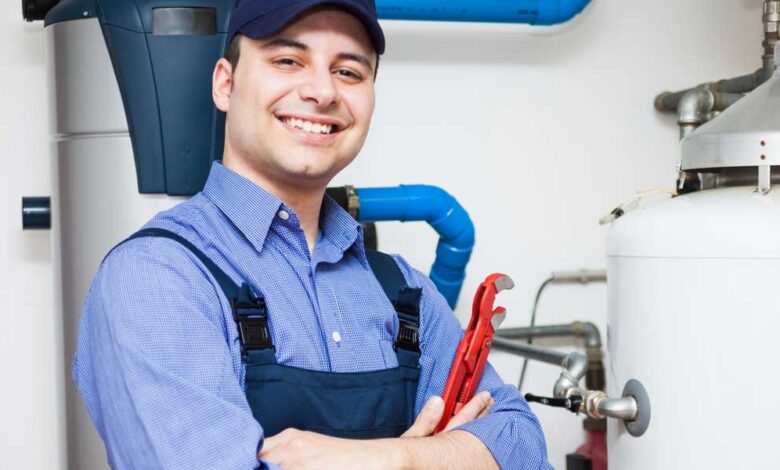From Zero To Hero: The Journey To Becoming A Professional Plumber

Plumbers repair and install water, drainage, gas and sewage systems in residential and commercial buildings. They also work on appliances like dishwashers and hot tubs.
A career as a plumber offers the opportunity to help others and learn essential skills that last a lifetime. It also offers good job security and the chance to improve, get promoted and earn a higher salary.
Job description
Santa Fe plumbers are responsible for installing, repairing and maintaining water pipes, sanitation units, health systems, sinks, toilets and other fixtures in residential, commercial, industrial and public buildings. They also perform diagnostics and ensure plumbing systems comply with regulations.
Typical duties of a plumber include troubleshooting problems with plumbing systems, unblocking clogged drains and installing new pipe systems. These jobs require exceptional problem-solving skills, mechanical aptitude and attentiveness to details.
Plumbing is a career that allows you to work in various industries and environments. Your remuneration package depends on your qualifications, industrial experience and specialization.
Education and Training Requirements
If you want to work as a plumber, it takes more than just a high school diploma and a wrench to get started. You will need to attend specialized classes, take on-the-job training, and obtain licensing.
Trade schools and community colleges offer a variety of plumbing programs. These programs are shorter and offer a quicker way to earn a certificate or associate’s degree.
They also teach fundamental knowledge and skills to communicate with clients. They also provide you with the opportunity to work on real projects in the industry.
In addition, plumbers need to be familiar with plumbing codes for safety and compliance. They also need to understand the layout of pipe systems for new constructions and renovations.
Licensing Requirements
Plumbers install, repair and maintain pipes in homes and businesses to transport water, waste and other fluids. They use saws to make holes in walls and floor and pipe cutters to size pipes accurately. They join pipes using soldering techniques, compression fittings, threaded fittings and solvent weld, crimp and push-fit fittings to ensure that plumbing systems meet safety standards and building regulations.
Most states require years of training and experience before you can become a certified plumber. Some jurisdictions also require that you be licensed before you can work.
Obtaining licensure is typically a lengthy process, depending on the requirements of your specific local licensing agency. It may take several years to complete the education and training required for a license in your locality, and it is usually necessary to pass exams.
After you accumulate significant experience, and after you have accumulated the local certifications and licenses required by your jurisdiction, you should consider applying for a state-issued business license from the Department of State Office in New York and obtaining workers’ compensation, liability and unemployment insurance. In some cases, you may be required to post a cash deposit or surety bond.
Work Environment
Plumbers install and repair pipes and other plumbing equipment that carry water, gas, sewage, and chemicals. They also maintain septic systems-the large underground tanks that collect waste from houses that aren’t connected to sewers.
They typically travel to various work sites each day, including homes and office buildings. They often have to work in tight spaces, such as crawlspaces and under kitchen sinks.
In addition, they can face a variety of hazards, such as chemicals, sparks, and falling objects. They need to be familiar with their job site’s safety and health regulations, as well as know how to operate power tools and other machinery safely.
A strong work ethic, stamina, and attention to detail are required for this career. It is also a good idea to join a professional association that can help you grow in your profession. They can offer educational resources, meetings, and fellowship opportunities. These associations may even have special certifications that can lead to more exciting and varied projects.



